Introduction on Smart Cities Integrating Technology :
In the heart of urban landscapes worldwide, a silent revolution is taking place – the rise of smart cities. The phrase “Smart Cities Integrating Technology for Urban Development” is not just a buzzword; it’s a testament to the transformative power of technology in shaping the cities of tomorrow. In this blog, we’ll delve into the intricacies of this urban evolution, exploring how technology is becoming the cornerstone for sustainable, efficient, and interconnected urban development.
Table of Contents
The Smart City Concept:
“Smart cities” are not just a vision of the future; they are a present-day reality. The integration of technology into urban infrastructure is redefining the way cities operate, manage resources, and cater to the needs of their inhabitants. From advanced data analytics to the Internet of Things (IoT) sensors, the smart city concept relies on a web of interconnected technologies to enhance efficiency, sustainability, and the overall quality of urban life.

IoT Sensors: Building a Connected City:

At the heart of smart cities lie “IoT sensors” – small, intelligent devices embedded in urban infrastructure. These sensors collect real-time data on everything from traffic patterns and energy consumption to waste management. By harnessing the power of this data, city planners can make informed decisions, optimize resource allocation, and respond dynamically to the evolving needs of the urban population.
Urban Mobility Solutions: Redefining Transportation:
“Smart cities” prioritize intelligent transportation solutions to alleviate traffic congestion and reduce environmental impact. From smart traffic lights that adapt to traffic flow to autonomous vehicles and efficient public transportation systems, these innovations are reshaping the urban mobility landscape. The result is not just smoother traffic but also a more sustainable and eco-friendly approach to transportation.
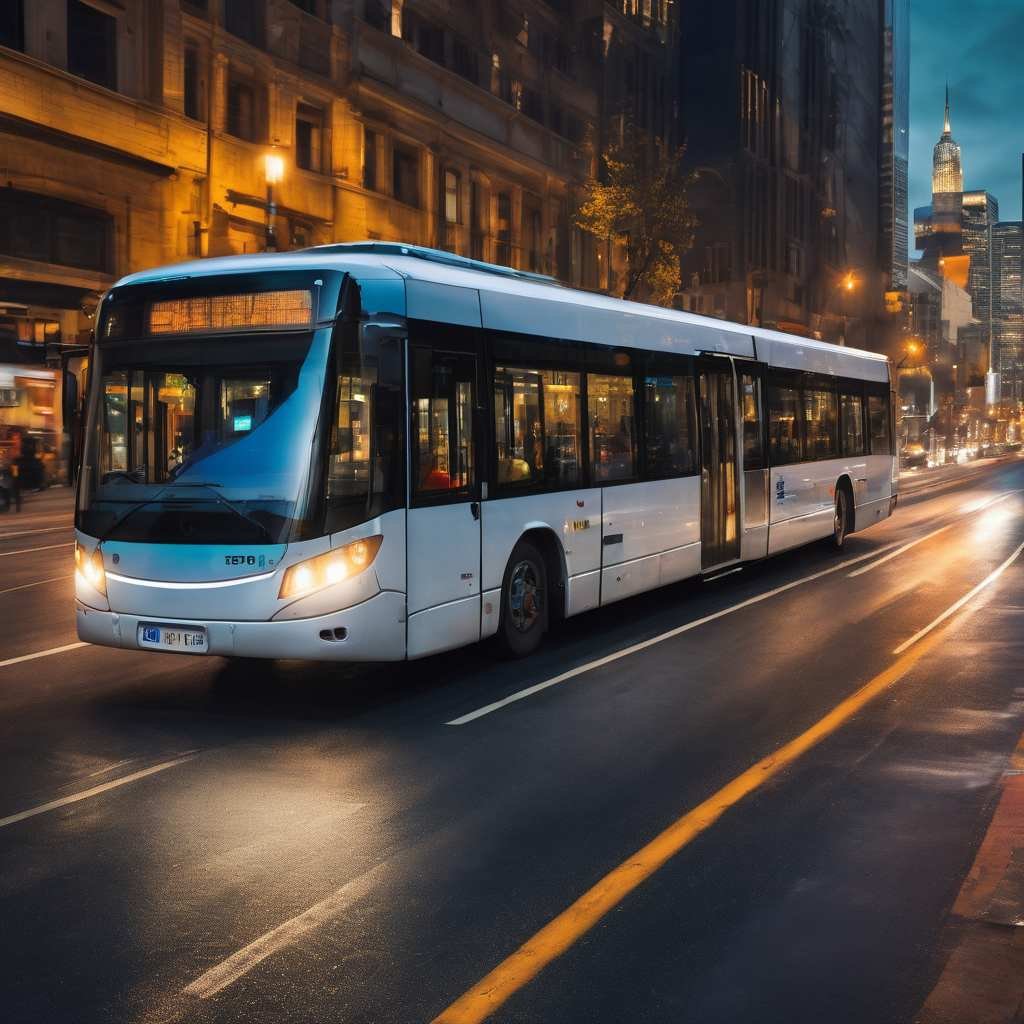
Energy Efficiency: Sustainable Power for Smart Cities:

The concept of “smart cities” embraces sustainable energy solutions, aiming to reduce carbon footprints and enhance overall energy efficiency. Incorporating renewable energy sources, smart grids, and energy-efficient technologies, these cities strive to create a balance between technological advancement and environmental preservation.
Digital Governance: Enhancing Civic Engagement:
“Smart cities” leverage digital governance to enhance civic engagement and streamline administrative processes. From online platforms for public services to e-governance initiatives, technology facilitates transparent communication between citizens and local authorities. This not only improves the efficiency of city services but also promotes a sense of community and active citizen participation in urban development.

Sustainable Architecture in Smart Cities:

Explore how sustainable architecture and design play a pivotal role in shaping the physical landscape of smart cities. Discuss innovations in eco-friendly building materials, green spaces, and energy-efficient structures contributing to urban sustainability.
5G Technology: Powering the Future of Smart Cities:
Delve into the impact of 5G technology on smart cities. Discuss how ultra-fast and reliable connectivity enhances IoT capabilities, enabling real-time data processing, and supporting the deployment of smart infrastructure, from autonomous vehicles to smart grids.
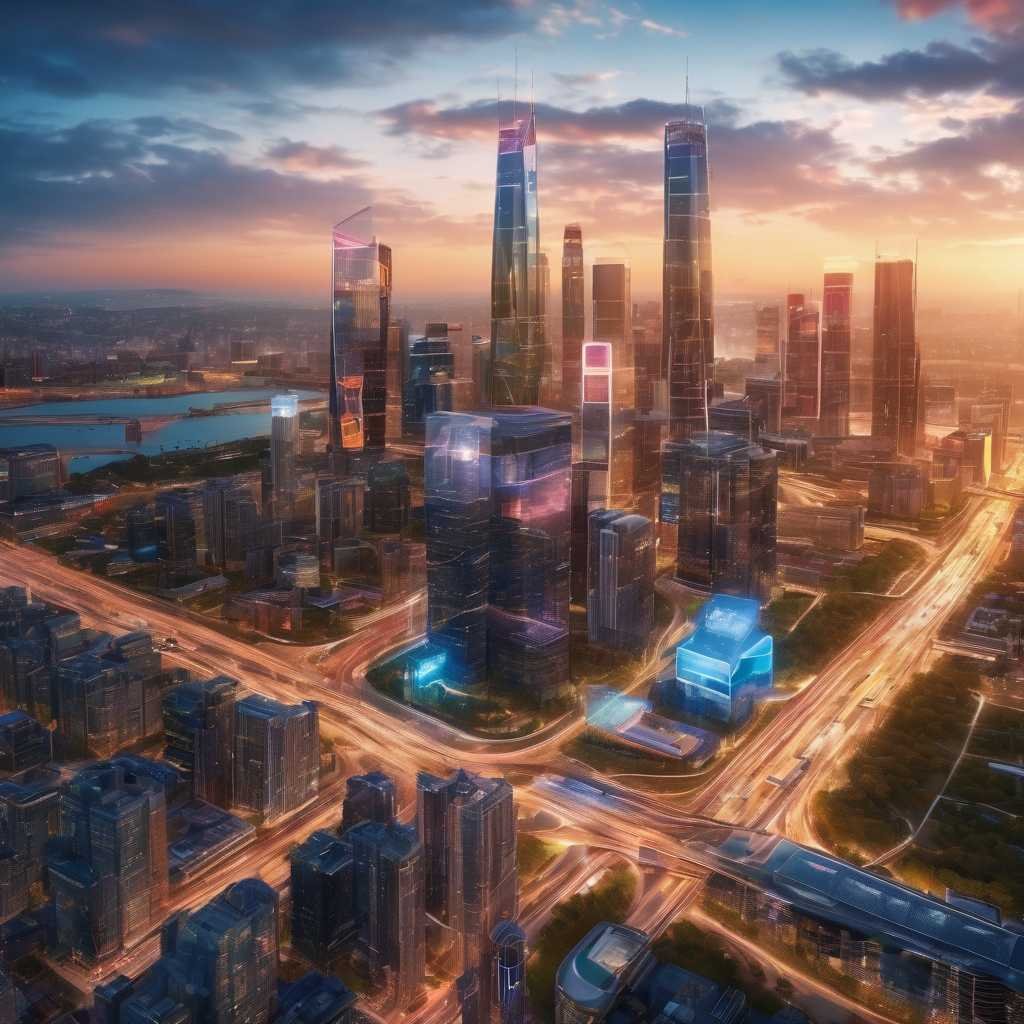
Smart Waste Management Systems of smart cities:
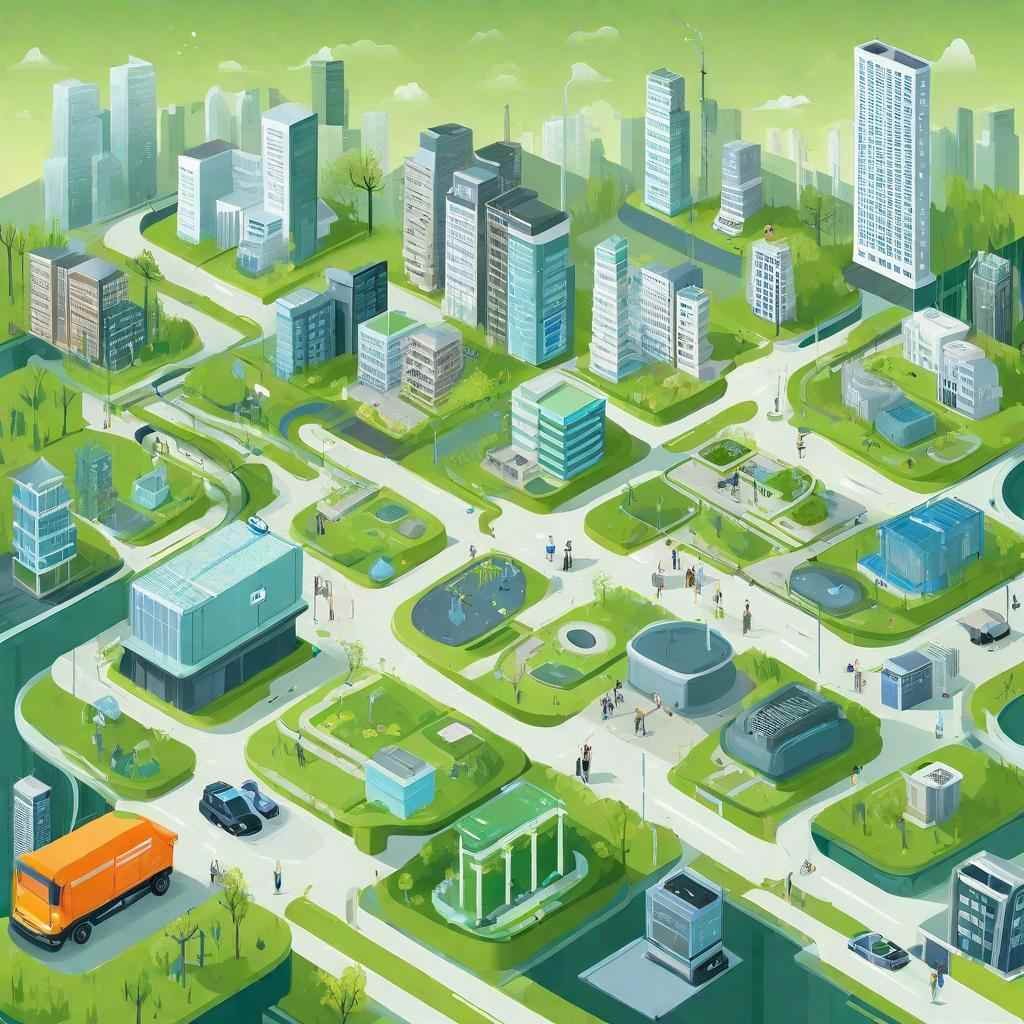
Examine how smart cities are revolutionizing waste management through IoT-enabled solutions. Explore the implementation of smart bins, waste sensors, and data analytics to optimize waste collection routes, reduce environmental impact, and promote recycling.
Inclusive Urban Development in smart cities:
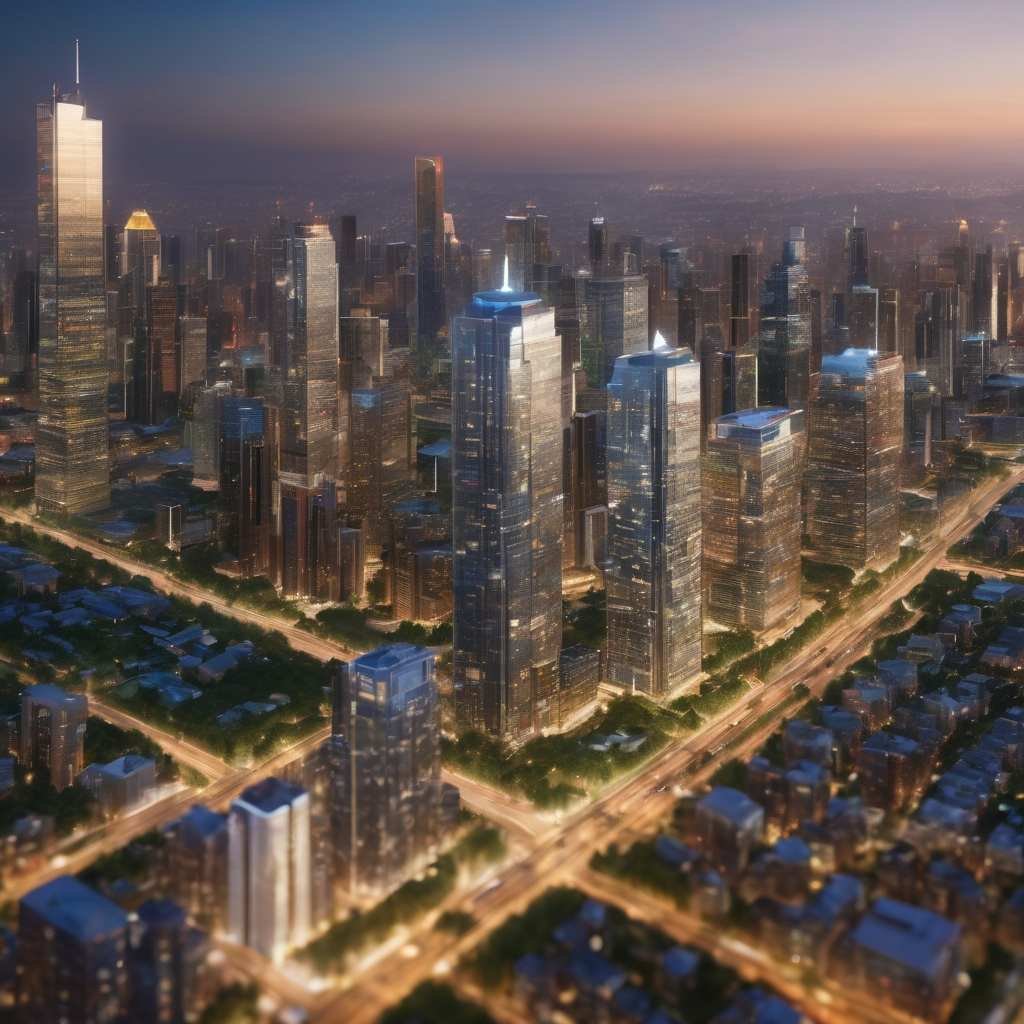
Discuss the importance of inclusivity in smart city planning. Explore how technology can be leveraged to ensure that urban development projects consider the needs of all citizens, including those with disabilities, the elderly, and marginalized communities.
Data Security and Privacy in Smart Cities:
Address concerns related to data security and privacy in the context of smart cities. Explore the measures taken to secure sensitive information collected by IoT sensors and digital governance platforms, emphasizing the importance of maintaining trust among citizens.

Smart City Initiatives Across the Globe:

Highlight specific examples of successful smart city initiatives from around the world. Showcase cities that have effectively implemented technology-driven solutions to address urban challenges, sharing insights and lessons learned.
The Role of Artificial Intelligence in Urban Planning:
Explore how artificial intelligence is transforming urban planning processes. Discuss AI applications in traffic management, predictive maintenance, and dynamic resource allocation, emphasizing how these technologies contribute to more efficient and responsive cities.

Resilience and Disaster Management in Smart Cities:
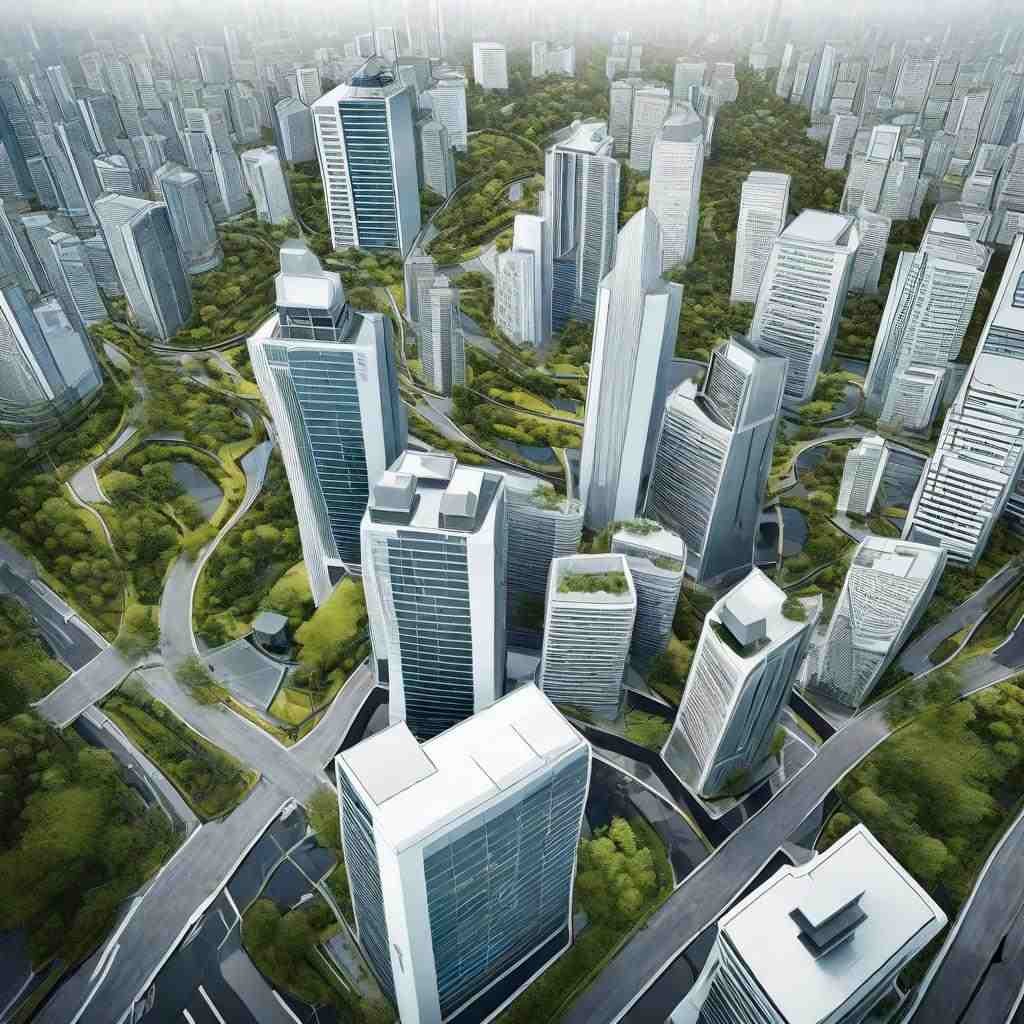
Examine how smart cities are incorporating resilience and disaster management strategies. Discuss the use of technology in early warning systems, emergency response coordination, and the development of resilient infrastructure to mitigate the impact of natural disasters.
Citizen Engagement through Smart City Apps:
Explore how smart city apps are fostering citizen engagement and participation. Discuss platforms that allow residents to report issues, provide feedback, and actively contribute to the decision-making processes in their cities, promoting a sense of community involvement.
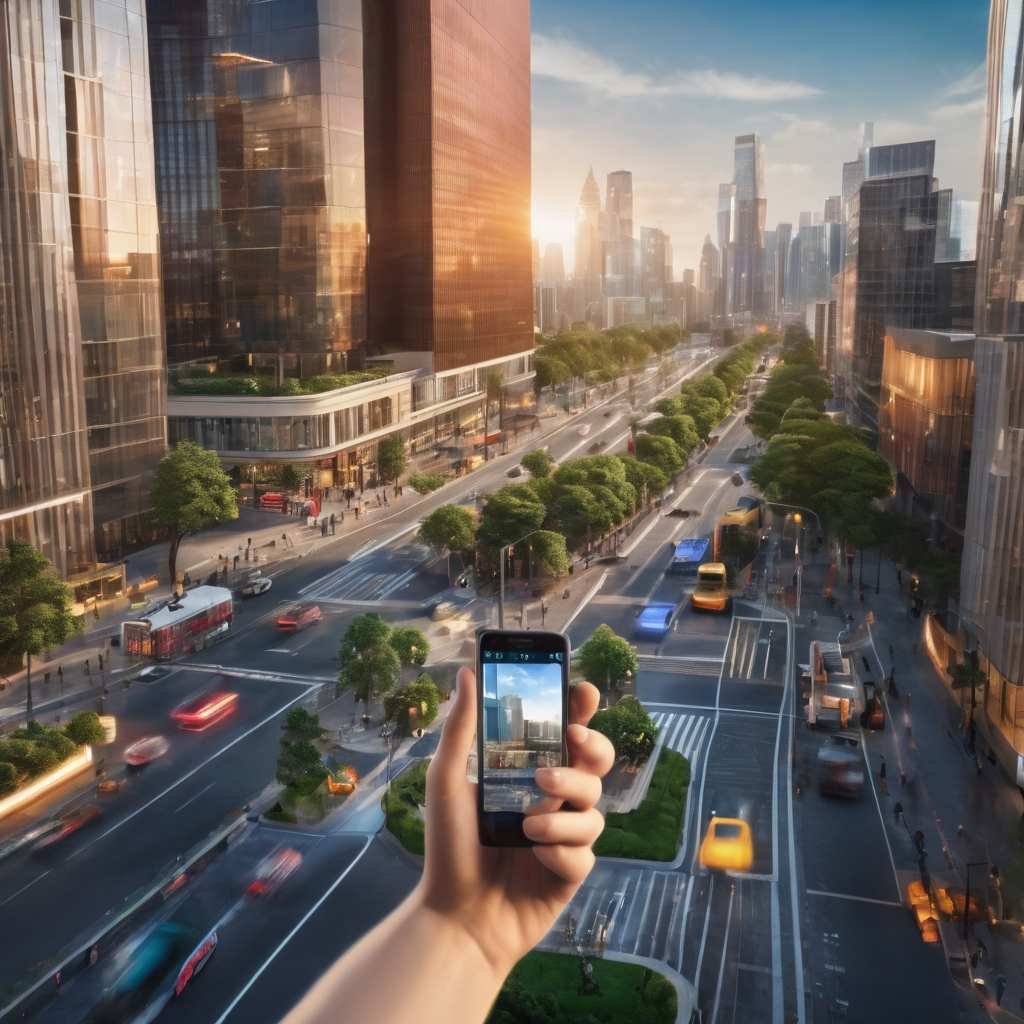
Smart City Case Studies: Lessons Learned:

Present in-depth case studies of specific smart city projects, discussing the challenges faced, solutions implemented, and the overall impact on urban development. Analyze both successful and less successful examples to draw valuable insights for future initiatives.
FAQs on Smart Cities Integrating Technology :

Q1: How do IoT sensors contribute to the development of smart cities?
A1: “IoT sensors” play a crucial role in smart cities by collecting real-time data on various aspects of urban life. They provide insights into traffic patterns, energy consumption, air quality, and more. This data enables city planners to make informed decisions, optimize resource allocation, and enhance overall urban efficiency.
Q2: What are the key benefits of incorporating sustainable energy solutions in smart cities?
A2: Incorporating sustainable energy solutions in smart cities brings multiple benefits. It reduces carbon emissions, lowers energy costs, and enhances overall energy efficiency. By harnessing renewable energy sources and implementing smart grids, these cities contribute to environmental conservation and create a more sustainable urban environment.
Q3: How do smart cities prioritize citizen engagement through digital governance?
A3: Smart cities prioritize citizen engagement through “digital governance” initiatives. Online platforms and e-governance services facilitate transparent communication between citizens and local authorities. This not only streamlines administrative processes but also encourages active citizen participation in shaping the urban landscape.
Q4: Are there challenges associated with the implementation of smart city technologies?
A4: While the benefits of smart city technologies are substantial, challenges do exist. These may include issues related to data privacy, cybersecurity, and the initial costs of infrastructure upgrades. Overcoming these challenges requires careful planning, collaboration, and a commitment to addressing the evolving needs of the urban population.
Conclusion on Smart Cities Integrating Technology :
In the grand tapestry of urban development, “Smart Cities Integrating Technology for Urban Development” emerges as a defining thread, weaving together innovation, sustainability, and connectivity. The integration of technology into urban infrastructure is not a mere trend; it’s a strategic approach to addressing the complexities of modern urban living.
As we stand on the cusp of a new era in urban development, smart cities serve as beacons, showcasing the potential of technology to create harmonious, efficient, and sustainable urban environments. From IoT sensors shaping data-driven decisions to sustainable energy solutions paving the way for a greener future, the journey of smart cities is a testament to the transformative power of technology in shaping the cities of tomorrow.
In the coming years, as technology continues to evolve, so too will the landscape of smart cities. The journey towards urban development is not just about embracing technology; it’s about creating cities that are responsive to the needs of their inhabitants, environmentally conscious, and equipped to navigate the challenges of the future. In the realm of smart cities, the journey is not just about urban development; it’s about shaping a future where cities thrive as interconnected, intelligent ecosystems.
